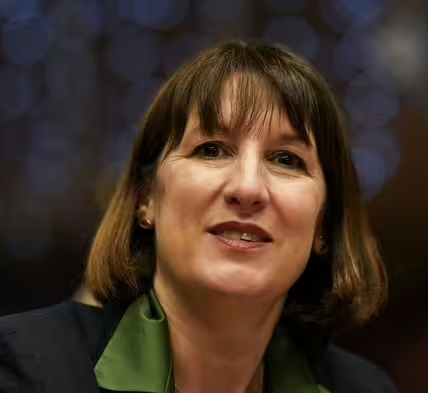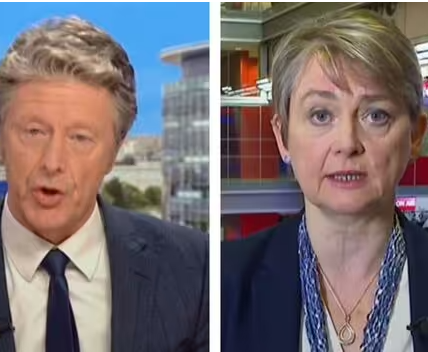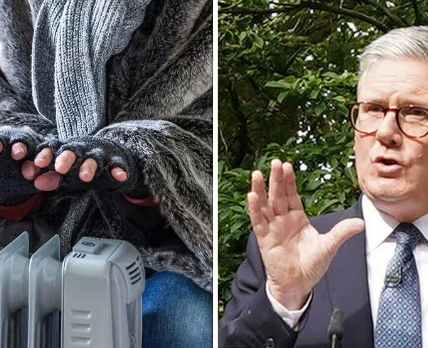Sir Keir Starmer is under fire for appointing 30 new Labour peers to the House of Lords, despite his earlier commitment to reduce its size.

Keir Starmer is appointing 30 new Labour peers to the House of Lords (Image: Getty)
Sir Keir Starmer is facing backlash after appointing 30 new Labour peers to the House of Lords, despite previously pledging to reform the upper chamber.
Among the appointees are former MPs and Sue Gray, the Prime Minister’s former chief of staff, who served in No. 10 for just four months.
The move comes as a surprise, given Sir Keir’s previous commitment to reducing the size of the unelected upper house.
Just two years ago, he went as far as calling for its abolition, describing the chamber as outdated and undemocratic.
The appointments are likely to reignite debate over the role and structure of the Lords, which currently consists of 92 hereditary peers alongside appointed members.

Keir Starmer had previously pledged to reduce the size of the Lords (Image: Getty)
Among those set to receive life peerages are former Labour MPs Thangam Debbonaire, Julie Elliott, Lyn Brown, and Kevin Brennan. Ms. Debbonaire, who served as Shadow Culture Secretary, notably lost her Bristol West seat to the Green Party at the July general election.
Sue Gray’s inclusion is also raising eyebrows.
The former civil servant gained prominence for her role investigating the Partygate scandal under Boris Johnson’s premiership.
Her swift transition to Labour’s ranks and subsequent elevation has sparked criticism of cronyism and political favouritism.
Critics are accusing Sir Keir of hypocrisy, pointing out that his actions contradict his earlier promises to overhaul the Lords.
During his campaign for Labour leadership and in the run-up to the next general election, he repeatedly stressed the need to slim down the upper chamber.
The House of Lords currently comprises 273 Conservative members, 187 Labour peers, 78 Liberal Democrats, and 184 cross-benchers.
Labour’s smaller presence in the Lords has reportedly been used to justify the appointments, with party insiders arguing that the imbalance limits the party’s ability to influence legislative scrutiny.
The timing of these appointments is particularly contentious, as the Prime Minister has recently introduced legislation to abolish the 92 hereditary peers who still sit in the Lords.
Critics argue that injecting dozens of new life peers undermines the broader aim of reducing the chamber’s size, which now exceeds 800 members.




Most Popular Comments